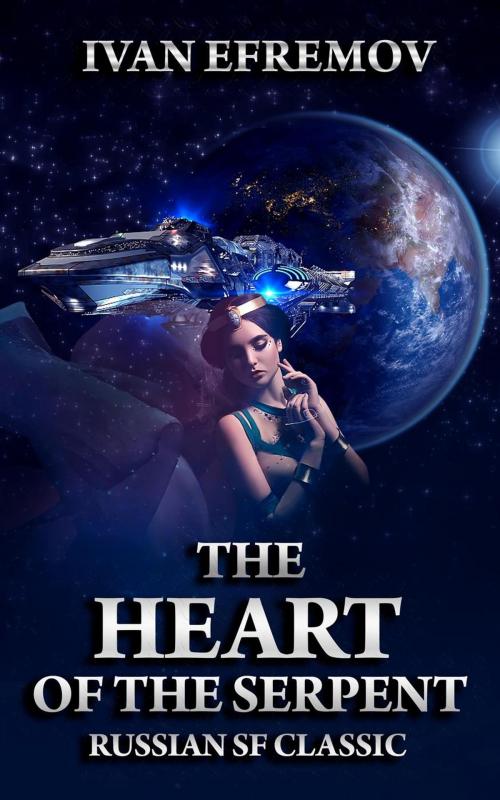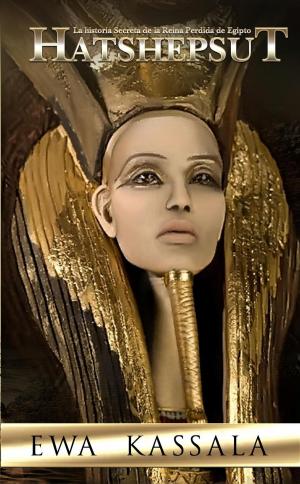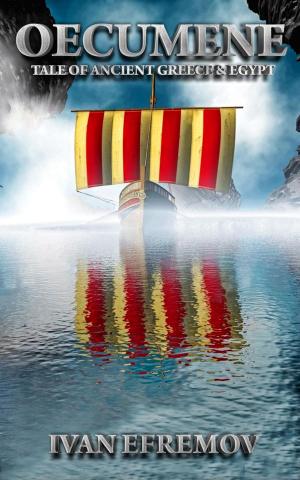| Author: | Ivan Efremov | ISBN: | 9781945544194 |
| Publisher: | Royal Hawaiian Press | Publication: | September 20, 2018 |
| Imprint: | Language: | English |
| Author: | Ivan Efremov |
| ISBN: | 9781945544194 |
| Publisher: | Royal Hawaiian Press |
| Publication: | September 20, 2018 |
| Imprint: | |
| Language: | English |
The Heart of the Serpent (originally in Latin:Cor Serpentis, Russian: Сердце Змеи) is a 1958 science fiction short story by the Soviet writer and paleontologist Ivan Yefremov (Efremov).
The crew of the spaceship Tellur encounters an alien ship in deep space. Speculation ensues about whether the other crew might be hostile.
Comparisons are made to American SF writer Murray Leinster's story 'First Contact,' in which an elaborate protocol is developed to prevent the aliens from following the Terrans home and destroying them, or vice versa. The premise of Leinster's story is debunked, in part by pointing out that in order for a planet's civilization to become space-faring, they would need to be at peace among themselves and presumably have organized themselves into a planet-wide classless communist society, a point Efremov had made earlier in his novel Andromeda. Thus, the aliens must necessarily be peaceful. This story takes place within the rubric of Efremov's Great Circle, a confederation of galactic civilizations that can communicate at faster-than-light speeds, and which also appears in* The Nebula of Andromeda*.
The Heart of the Serpent (originally in Latin:Cor Serpentis, Russian: Сердце Змеи) is a 1958 science fiction short story by the Soviet writer and paleontologist Ivan Yefremov (Efremov).
The crew of the spaceship Tellur encounters an alien ship in deep space. Speculation ensues about whether the other crew might be hostile.
Comparisons are made to American SF writer Murray Leinster's story 'First Contact,' in which an elaborate protocol is developed to prevent the aliens from following the Terrans home and destroying them, or vice versa. The premise of Leinster's story is debunked, in part by pointing out that in order for a planet's civilization to become space-faring, they would need to be at peace among themselves and presumably have organized themselves into a planet-wide classless communist society, a point Efremov had made earlier in his novel Andromeda. Thus, the aliens must necessarily be peaceful. This story takes place within the rubric of Efremov's Great Circle, a confederation of galactic civilizations that can communicate at faster-than-light speeds, and which also appears in* The Nebula of Andromeda*.















